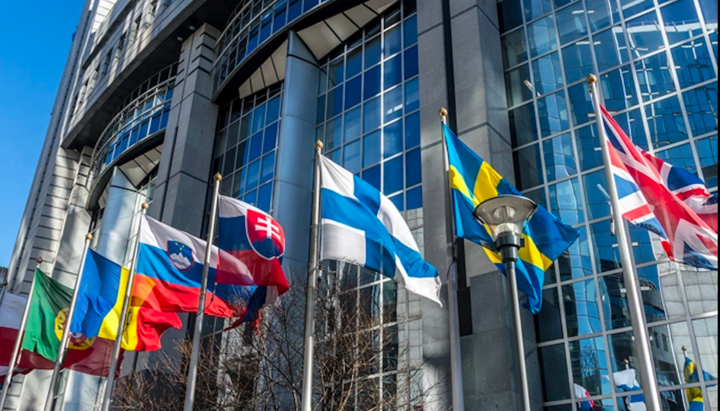Over 100 advocates urge EU to end online censorship

Critics of the Digital Services Act (DSA) warn that under the pretext of combating “illegal content,” the EU may restrict the expression of religious and conservative views.
On October 9, 2025, more than a hundred free speech advocates, including former U.S. and European officials, sent an open letter to the European Commission urging it to review provisions of the Digital Services Act (DSA), which they say pose a global threat to freedom of expression, reports The Christian Post.
In the letter, signed by 113 experts, the authors state that the current version of the DSA creates a “pan-European censorship infrastructure” with vaguely defined limits that could allow lawful content to be removed not only within the EU but also beyond its borders. The signatories called on the European Commission to involve independent experts in digital rights, free speech, and constitutional law in evaluating the law.
"The broad definition of ‘illegal content’ in the DSA, combined with existing jurisprudence of the Court of Justice of the European Union (CJEU) opens the door to worldwide takedowns,” the letter notes. According to the authors, social media platforms may adopt EU restrictions as global content moderation standards.
Among the signatories are former U.S. Ambassador for International Religious Freedom Sam Brownback, Princeton professor Robert George, journalist Michael Shellenberger, and human rights advocate Ayaan Hirsi Ali. Former U.S. diplomat Andrew Puzder warned that the DSA “DSA could restrict speech protected under the First Amendment.”
Adina Portaru, senior legal counsel at ADF International in Brussels, stated that the European Commission’s claims about “creating a safe digital environment” are misleading. In her view, the DSA effectively establishes a global regime of online censorship under the guise of user protection.
The Digital Services Act, which came into effect in January, obliges online platforms to remove “illegal content” under threat of fines of up to 6% of global turnover. Critics argue that such provisions could be used to suppress any inconvenient opinions, including religious and conservative views.
Earlier, the UOJ reported that the EU plans within five years to legalize gender changes for minors.











